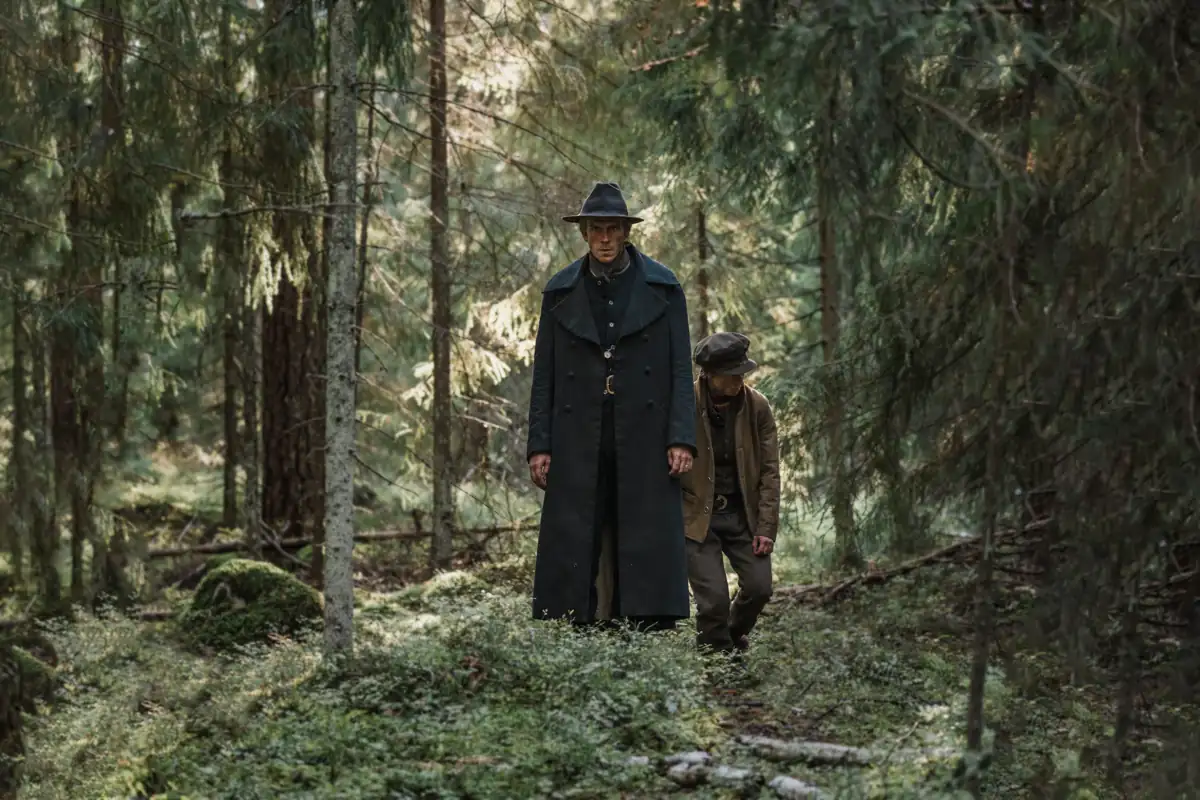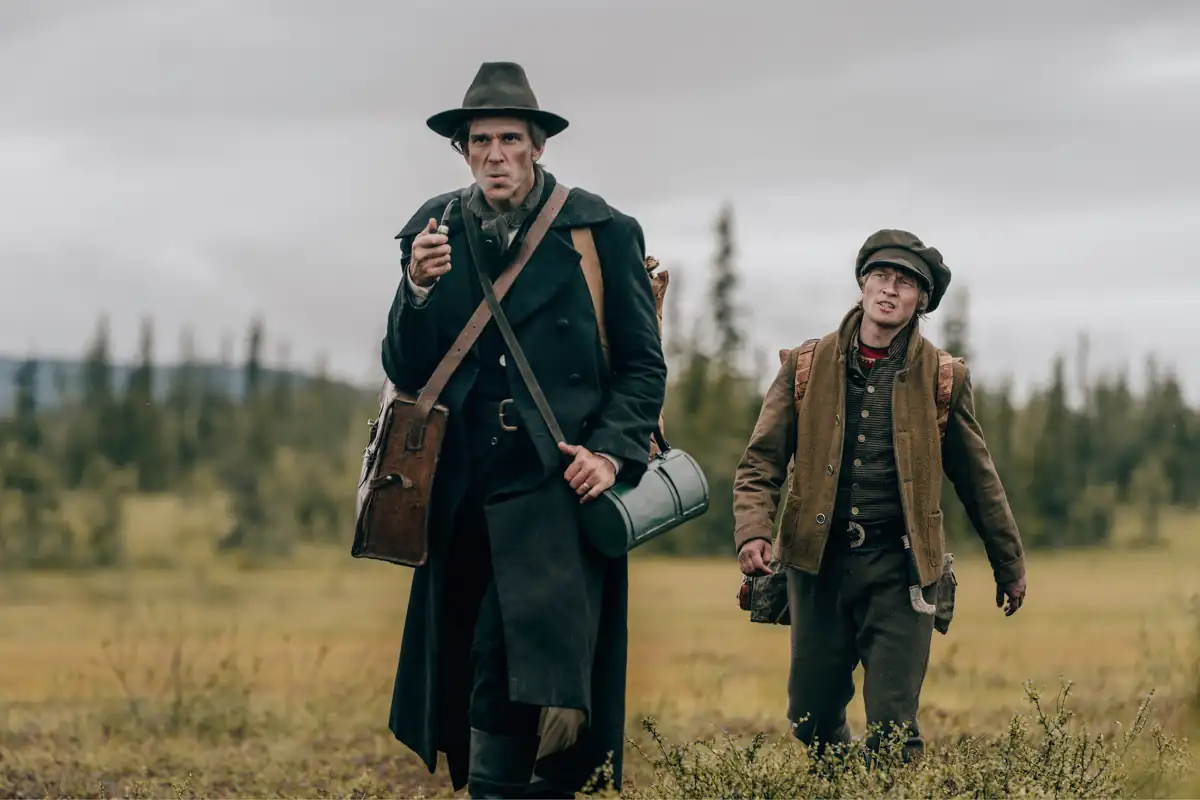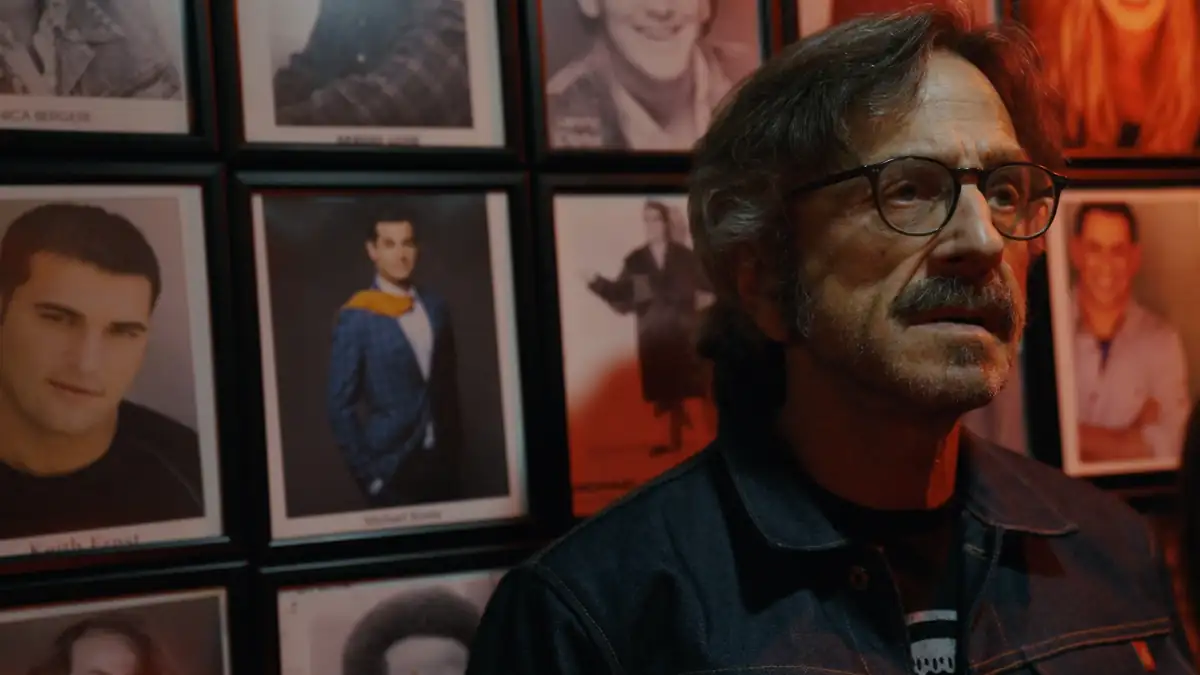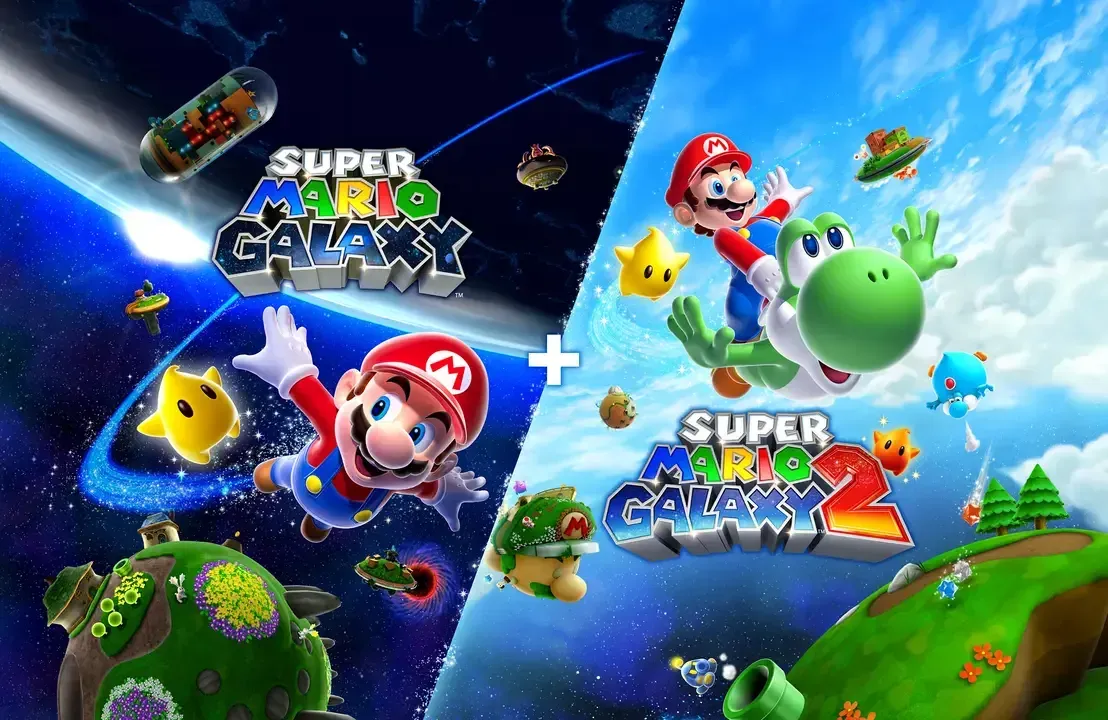★★★ | Space farce
On the surface, SPACE FORCE, the new Netflix produced comedy series created by Steve Carell and Greg Daniels, may seem like shooting fish in a barrel. It’s not hard to see why: the concept of a Space Force is so patently ludicrous it’s amazing it exists at all. SPACE FORCE takes the form of a workplace satire about the Trump administration and, even more pointedly, their flippant attitude towards the science that once made America a beacon of technological progress. The problem is that no series can do reality justice when reality itself seems to have given up on making any sense.
As if acknowledging its predicament, a lot of the humor in SPACE FORCE falls on the usual tropes: the military is a bunch of jocks; the Russians are sleazy spies; and the Chinese can’t be trusted. Many of the punchlines are the same as they were during the Cold War. What that says about both entertainment and the western society as a whole is still up in the air.
But look beyond the superficial and the series begins to surprise. While it isn’t as daring or witty as it clearly thinks it is, SPACE FORCE is surprisingly touching and progressive in the weirdest ways. Essentially balancing between serious dramedy and slapstick farce, the series is tonally all over the place, but it’s never boring. Instead, it’s a fascinating, still shapeless form that could transform into something exquisite. The first season isn’t quite there yet, but with the right guidance, SPACE FORCE could find itself tracking iconic military satires like DOCTOR STRANGELOVE and feel right at home.
Carell plays Mark Naird, a decorated air force pilot who is assigned to lead the new Space Force arm of the military. Initially despondent over his placement, Naird nonetheless takes up his position with quiet determination to make the outlandish unit the best it can be. He’s paired up with the perpetually frustrated scientist Adrian Mallory (John Malkovich); the belligerent and hopeless social media coordinator known only as “Fuck Tony” (Ben Schwartz); and pilot Angela Ali (Tawny Newsome), who dreams of becoming an astronaut. Together, the trio must navigate the often contradictory orders from top brass if they’re ever going to make it to the moon. Again.
The cast is uniformly excellent. This is the kind of character that Carell has made a career out of playing, and he is predictably good at making an ass of himself. The series does flirt with the darker and meaner side of Naird, almost daring to actually go into the psyche of a person who’d blindly take orders from a modern day Emperor Nero, but sadly veers quickly off course. Malkovich is funnier than he’s been in years, chewing up the pithy one-liners with aplomb, even turning drab dialog into a treat with his open distaste for authority. Newsome nearly steals the show by being the heart of the story as pilot Ali, delivering an utterly charming performance from scene one.
If the series falters anywhere, it’s in courage. Everything is politics, especially satire, and SPACE FORCE can’t commit to making a stand. It clearly has no love for the Orange Menace plaguing America today, and it openly mocks the anti-science stance adopted by an increasingly depressing number of people around the world. But instead of going all the way to the logical point where its humor seems to be flowing, SPACE FORCE instead paddles against the current, attempting to appease all viewers with sappy hugs-and-lessons sideshows and broad political farce. Even as Naird’s leadership is proven questionable and his crew less than competent, they are still nothing short of well-meaning heroes. There is never a question that their actions are nothing but just and the “correct” narrative of global destiny. Outside Dr. Chen (played by the very funny Jimmy O. Yang), all other Chinese people are portrayed as sneaky villains out to ruin America’s day. The only Russian in the story is good for a single gag, one that starts off promising and ends up going nowhere. (Everyone knows he’s a spy, yet he constantly texts with the President.) Apparently realizing the necessity to actually come out and say what they mean, the series unceremoniously drops the character, and he’s never heard from again.
Even POTUS, unseen in the series and only referred to through reactions to ungodly tweet-storms he sends, is let off fairly easily. Everyone rolls their eyes when he’s mentioned, and Carell in particular has mastered a withering look of disdain beautifully, but it’s awfully polite considering their subject. You’d think the ratings free playground provided by Netflix would prove a more nurturing home for open pop-culture rebellion, none of which materializes.
In fact, it is arguably Alexandria Ocasio-Cortez, referred to in dialog only as “the angry representative from New York”, who gets more openly mocked than Agent Orange. Her caricature is broad, shrill, and openly contemptuous of Naird’s program, which naturally makes her an antagonist. She appears in only one episode, and the series blunders it’s way through the joke by conflating her work in helping the impoverished as ignorance towards science. It’s an oddly out of place scene, one that feels like a compromise they needed to put in just to get this made.
So what makes SPACE FORCE work? What drags it down from the fence of mediocrity as it attempts to play both sides without saying anything? In a word: science. Beneath the bluster, SPACE FORCE is a story about an idiot understanding how meaningless he is in the face of hard facts and data. While what actually happens in the series is pure fantasy, the daily routines are a love letter to those who bury themselves for decades into solving the mysteries of our universe. Like Ridley Scott’s superlative THE MARTIAN, the series finds endless fascination amongst the easy laughs at just how big the small things are: a botanist studies the effects of a specific plant growing in an inhospitable environment, something that might help astronauts breathe easier off-planet: others spend years in isolation to understand what life on Mars will do to them psychologically. Everything else might be fair game for SPACE FORCE, but the science remains hallowed. It’s not always right or accurate, but it is reverent. And it’s something that’s needed in a show meant for wide audiences.
Surprisingly, the series is also the slow deconstruction of the toxic masculinity inherent in any military. Naird, a repressed, angry, and emotionally hollow man, is constantly thrown into situations alien to him and there’s a genuine sense the series wants to understand how to break people like that from their shells. A lot of it is treated like an excuse for Carell to flail and scream (which he does admirably), while at the same time sneaking in reinforcing messages about the importance of expressing emotion — especially when it’s scary. Two characters even openly discuss polyamory as a healthy way to save their marriage without the story ever backing away from this normalization. Something which feels almost unheard of in a major American series.
And yes, SPACE FORCE is very, very funny. There are episodes that are hysterical from start to finish; pure 21 minutes of uproarious zingers and physical comedy. Carell and Malkovich have an easy chemistry which is a joy to behold, and I could watch the latter snark at people for hours on end without feeling bored.
Does it stumble? Yes, with regularity. It makes mistakes and it isn’t perfect. But it’s brave and foolhardy and unbearably naive. But so are many things that reach for greatness. The ride might be bumpy, but so far it’s worth it.












